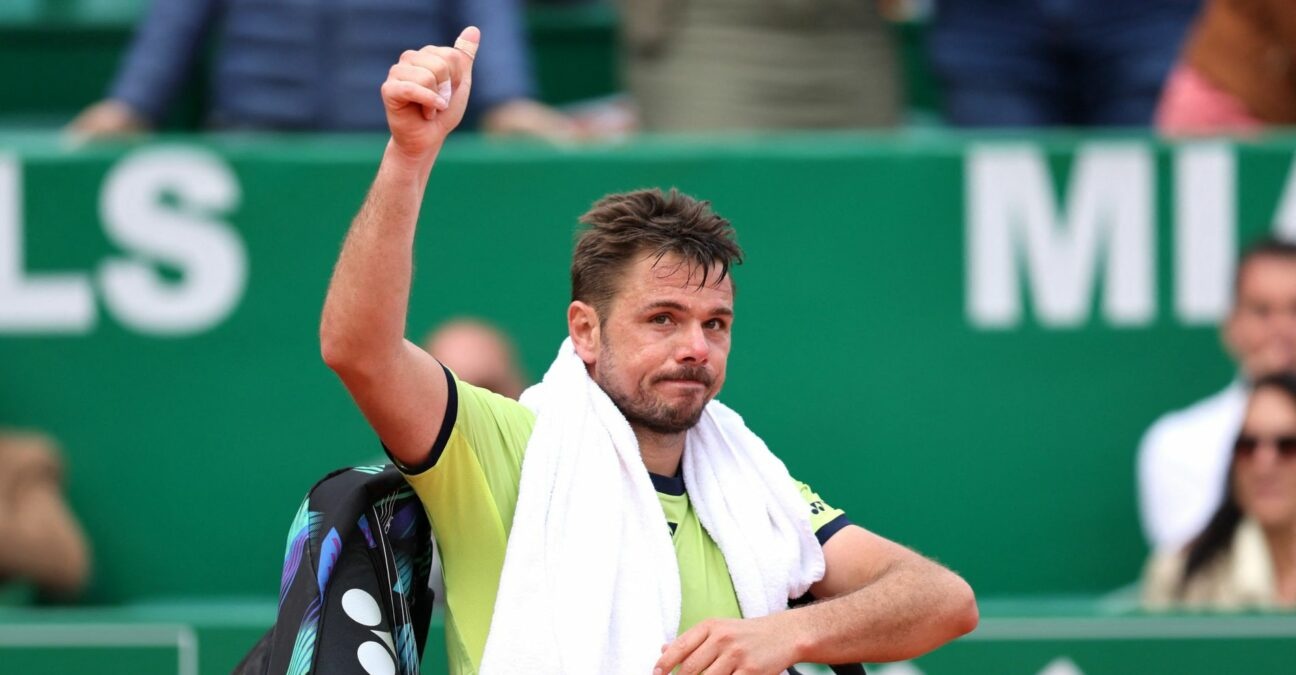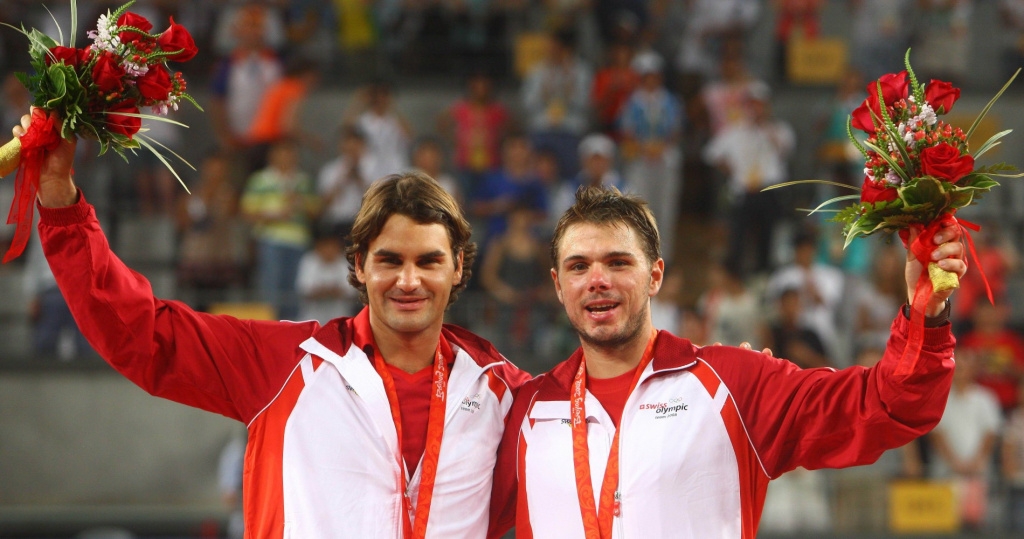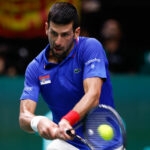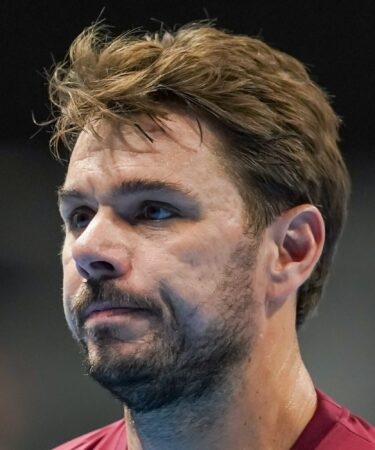“The Grand Slams are not untouchable” – Wawrinka opens up on state of tennis
In an exclusive interview with L’équipe, Stan Wawrinka opens up on a variety or touch subjects and takes aim at the Grand Slams…
 Switzerland’s Stan Wawrinka leaves the court after losing his first round match against Kazakhstan’s Alexander Bublik at the Monte Carlo Masters
Image Credit: AI / Reuters / Panoramic
Switzerland’s Stan Wawrinka leaves the court after losing his first round match against Kazakhstan’s Alexander Bublik at the Monte Carlo Masters
Image Credit: AI / Reuters / Panoramic
Stan Wawrinka turned pro over 20 years ago, in 2002, and over the last two decades the man who has become affectionately known as “The Stanimal” has scaled the summit of the sport, becoming a bona fide rival for the Big Three for long stretches and claiming three major titles in a three-year span that put his official stamp of legitimacy on his generation.
There is no doubt: Wawrinka will be a first ballot Hall of Famer when his career ends, but before the legendary Swiss hangs up his racquet, he still has things to prove – and say.
This week, in an exclusive interview with L’équipe, Wawrinka gave honest views and aired out his frustration with the sport as it is currently governed.
What the Grand Slams pay the players is “ridiculous”
Wawrinka believes that the four Grand Slams are holding the sport back by not working together to increase the quality of life for all players on tour.
“They do not redistribute enough to tennis compared to the income they generate,” he remarked. “And they have way too much power, because they make [so much] money.
“[The Slams are] where the history of tennis is written… These are the richest Federations which do not redistribute much. Even between them, there is no communication… The income from Grand Slams today is very important and the percentage returned to players is ridiculous. It has hardly increased at all.”
When told that qualifiers and first-round losers are receiving more money than ever before, Wawrinka rejected the argument.
“You are talking about the prize money, not the percentage paid. As revenues have increased significantly at the same time,” he said. “Grand Slam tournaments only concern their interest, for their country and their Federation. Today, we are stuck until the day the players say stop.”
“We don’t need a union”
Wawrinka says that he hasn’t seen any progress from Novak Djokovic’s PTPA, and added that he doesn’t believe that the players need a union.
“We don’t need a players’ union, we need players on the decision-making tables,” he stressed
The 38-year-old, also a winner of an Olympic gold medal in doubles and the Davis Cup, went on to say that players are not being consulted on the biggest decisions. He cites the Australian Open’s decision to initiate play on Sunday (not the traditional Monday) making the main draw a 15-day event rather than a 14-day event.
Tennis Australia stands to benefit from an additional day of ticket sales, TV rights, and concessions, but it isn’t likely that the players will benefit commensurately, says Wawrinka.
“Tennis Australia showed up to say: “We’re starting on the first Sunday”, like that, thank you goodbye,” he said. “Did anyone ask us what we thought about it? No. It’s like that. From the outside, you tell yourself that this is not normal! That means we don’t work together.”

No anticipation and no unity
Wawrinka says that two hot button issues from 2023 will likely remain unsolved because of the convoluted structure or the tour’s governing body. With so many entities and so many interests, it’s hard to imagine the tour yielding to player’s constant requests for better scheduling and less ball changes from tournament to tournament.
Player frustration with late-night finishes and health issues due to switching balls at nearly every tournament have been voiced consistently, but largely ignored by the powers that be.
“The real problem with tennis is that most things are done in reaction,” Wawrinka says. “Nobody anticipates anything. We must include the players in the discussions to also explain to them the reasons for such and such discussions.
“When it comes to balls, the tournaments don’t want to agree because they all have a different sponsor, and at the same time we still have to fight to have enough to train with. We [go in circles. I’ve been on the circuit for twenty years and we talk about the same problems over and over again. The problem with tennis is that there are too many governances, too many different entities (ITF, Grand Slam tournaments, ATP, WTA) which only look out for their own interests. Today, the real problem in tennis is the Grand Slams.”
People in this post
More tennis news
LP Open by IND: Jorge beats Pigossi to book spot in last eight

San Diego, British No 1, De Minaur: Everything you always wanted to know about Katie Boulter (but never had time to find out) – updated after 2024 Billie Jean King Cup

US Open champion, A-Levels, Great Britain, injuries: Everything you always wanted to know about Emma Raducanu (but never had time to find out) – updated after 2024 Billie Jean King Cup

Italian, Wimbledon and French Open finalist, Olympics: Everything you’ve always wanted to know about Jasmine Paolini (but never had time to find out) – updated with Italy’s 2024 BJK Cup title win

Fifth Third Charleston 125 2: Chirico eases past Serban to move into last eight



